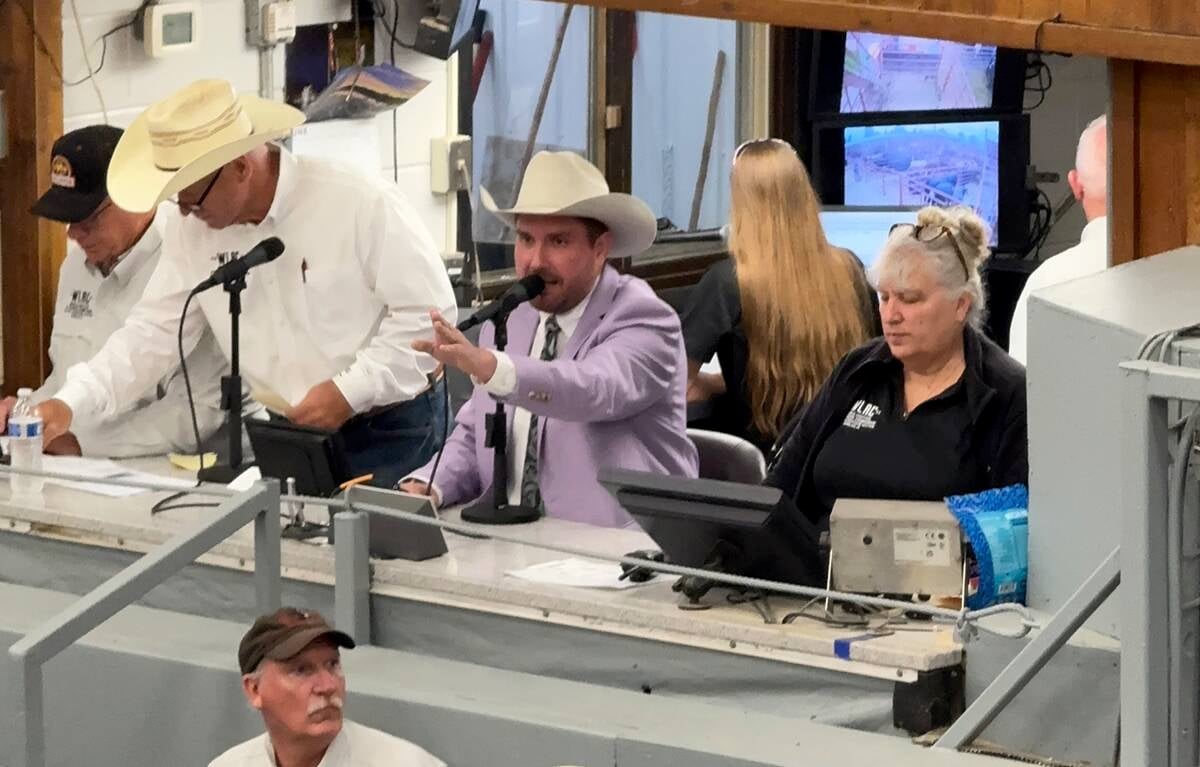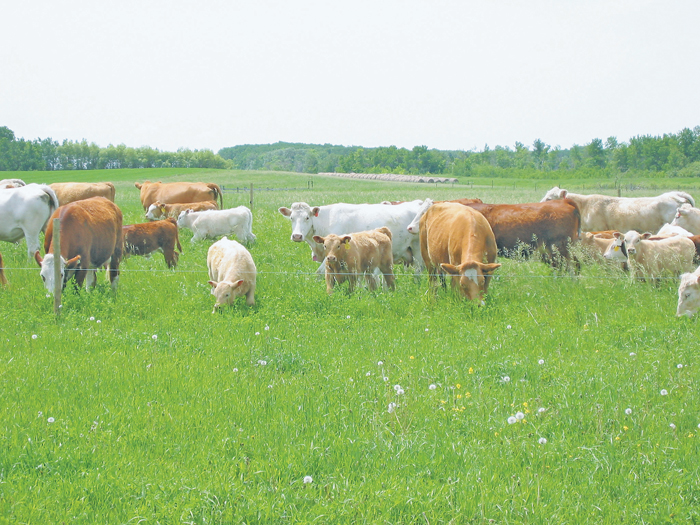Pledging to bring a cow-calf producer’s perspective to the top job at the Manitoba Cattle Producers Association, Major Jay Fox was voted president at the recent 31st annual general meeting.
“We’re going to focus on traceability, and make sure that it stays simplified. We’re also going to make sure that our cattle producers have access to any and all marketing opportunities that come up,” said Fox, who replaces outgoing president Joe Bouchard.
The fourth-genera tion rancher from Eddystone said that under his leadership, the association would lobby both the federal and provincial governments for the establishment of a “price insurance” program that would help to carry producers through cyclical lows in the cattle sector.
Read Also

Virden livestock auctioneer headed to world championships
Brennin Jack, branch manager of Heartland Livestock Services at Virden, Manitoba, heads to the 2026 World Livestock Auctioneering Championship.
“Right now, we’re at a disadvantage compared to the grain producers because we don’t have insurance that helps us through droughts or fluctuations in prices,” he said, adding that it could include each year’s hay crop and the calf crop.
Unlike CAIS – which he described as more of a “lottery” than an income stabilization program – the proposed deal would allow ranchers to insulate themselves against sudden price dips based on their cost production.
A turnaround in the cattle market is “in sight,” said Fox.
“It could be in 2010. There’s a lot of things that are working out,” he added.
The recovery might be faster than many expected, he predicted, due to a potential built-in feedback loop that is bullish for cattle prices over the long haul.
That’s because the first sign of rising prices might convince the backlog of aging ranchers that a good opportunity to sell out has finally arrived.
“So, even if there is a market increase, there’s going to actually be a cow number decrease,” he said. “In the long run, that’s going to make it better for the producers who have been able to stay in the business.” [email protected]














